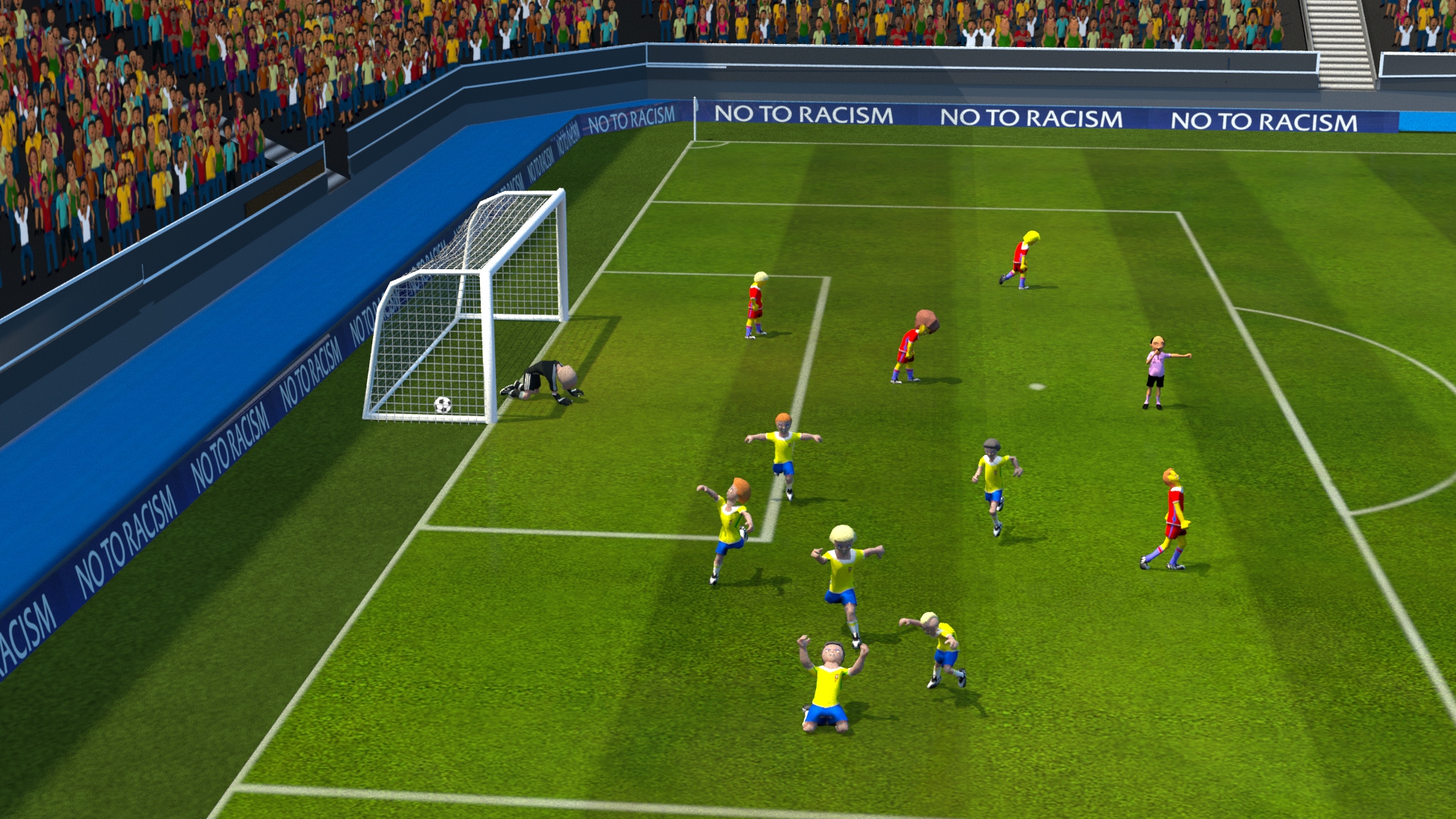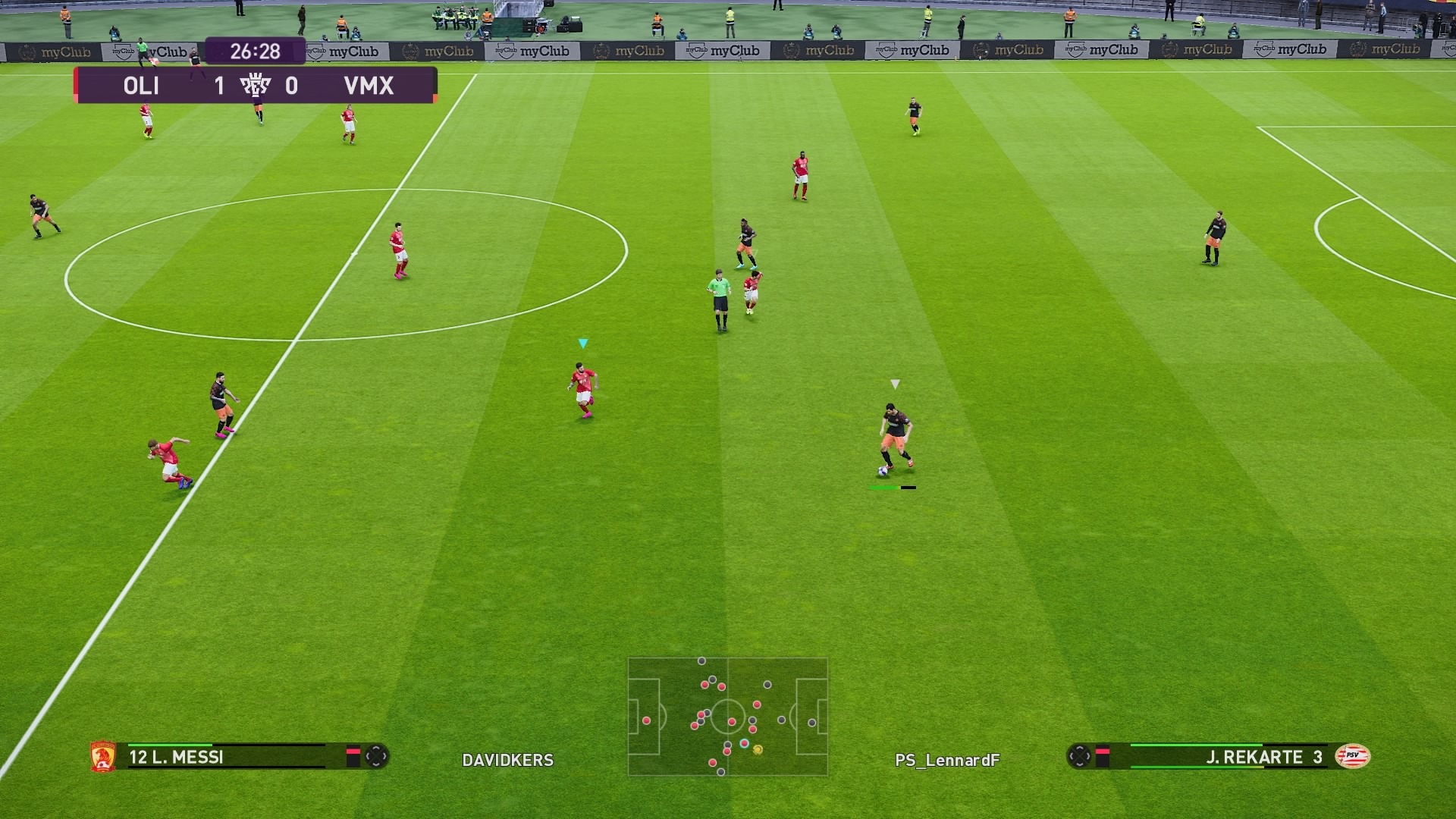
Steering through the intricacies of child support collection can be a overwhelming task for many parents. The financial responsibilities involved in raising a child often extend beyond the original contract, leading to tension between custodial and non-custodial guardians. Grasping the processes and strategies available can be the key to transforming a difficult situation into a more controllable one.
In this guide, we will discuss how to transition from being a defaulting payer to a punctual one, focusing on successful methods for enforcing child support collection. Whether you are seeking to ensure that you receive the support owed to you or striving to meet your financial obligations, it is important to grasp the legal framework and practical steps needed to attain a resolution. With the appropriate approach, you can redefine your case around and create a more promising future for you and your child.
Grasping Child Support Obligations
Child support obligations are legal requirements established by courts to guarantee that non-residential parents contribute to the economic support of their offspring. These obligations typically include necessary expenses such as nutrition, shelter, medical care, and schooling. The details of each case may vary, including the amount is owed, the frequency of payments, and the duration of the responsibility. Grasping these factors is vital for both residential and non-residential parents, as they affect the overall welfare of the child involved.
Establishing child support amounts usually adheres to a guideline provided by local regulations, which take into account both caretakers’ earnings, the number of children, and any other factors affecting the family’s economic status. Parents are advised to collect relevant records to ensure the figures are fair and correctly reflect their circumstances. Conflicts over the amount can lead to prolonged legal struggles, making it essential for both parties to handle the matter with openness and a readiness to compromise.
Non-compliance with child support obligations can lead to serious consequences, including wage garnishment, revocation of licenses, and even criminal charges. It is crucial for parents to understand that fulfilling their support obligations is not only a legal requirement but is also fundamental for maintaining a positive connection with their offspring. Discussing openly and regularly with the custodial guardian can help in resolving conflicts and promoting a collaborative co-parenting dynamic.
Approaches for Enforcing Child Support Payments
When seeking child support collection, an effective among the most useful strategies is to develop a direct communication path with the obligated parent. Honest discussions about the payment schedule and the significance of timely contributions can encourage compliance. If the responsible parent comprehends the immediate impact of their support on the child’s happiness, they may feel more driven to meet their obligations. Using joint approaches, such as mediation, can further help resolve any pending issues amicably.
If interaction does not lead to compliance, legal routes are open to strengthen child support collection. A court order can be modified to reflect the appropriate payment amount, and failure to this order may result in enforcement actions. Various methods can be employed, including wage garnishment, tax refund interception, and possibly revocation of licenses. These legal actions underscore the seriousness of non-compliance and can prompt the obligated parent to satisfy their responsibilities.
Additionally, obtaining assistance from child support enforcement agencies can be a valuable resource. These agencies focus in making certain that parents meet their child support obligations and have various resources at their disposal to facilitate collection. They can provide assistance in keeping track of payments, identifying non-compliant parents, and implementing enforcement measures. Utilizing these agencies not only enhances your case but also lessens some of the stress associated with the collection process.
Steering Judicial Channels for Adherence
Grasping the lawful options available for child support collection is vital for both custodial and non-custodial parents. When one parent fails to adhere with court-ordered child support, judicial routes can be pursued to ensure that payments are made. This typically begins with the custodial parent submitting a complaint with the local child support enforcement agency. These agencies have the capabilities to investigate, locate non-compliant parents, and take appropriate action to ensure compliance.
Should the informal avenues of resolution fail, families may need to turn to additional formal legal measures. This may involve filing a motion in court to enforce the existing child support order. The court has the power to enforce measures such as salary deductions, tax refund seizures, or even suspension of licenses to force payment. Engaging an attorney who focuses in child support cases can enhance the likelihood of navigating any hurdles during this process, ensuring that all rights are represented and defended.
Lastly, communication plays a critical role throughout this process. Keeping open lines of dialogue with the non-compliant parent, when safe and suitable, can sometimes lead to amicable settlements without the need for heavy legal intervention. When tensions run escalated, or if previous attempts have been unsuccessful, relying on legal channels becomes inevitable. Consistent documentation of all interactions and payments can provide crucial assistance for your case, making the path to compliance clearer and attainable.




























